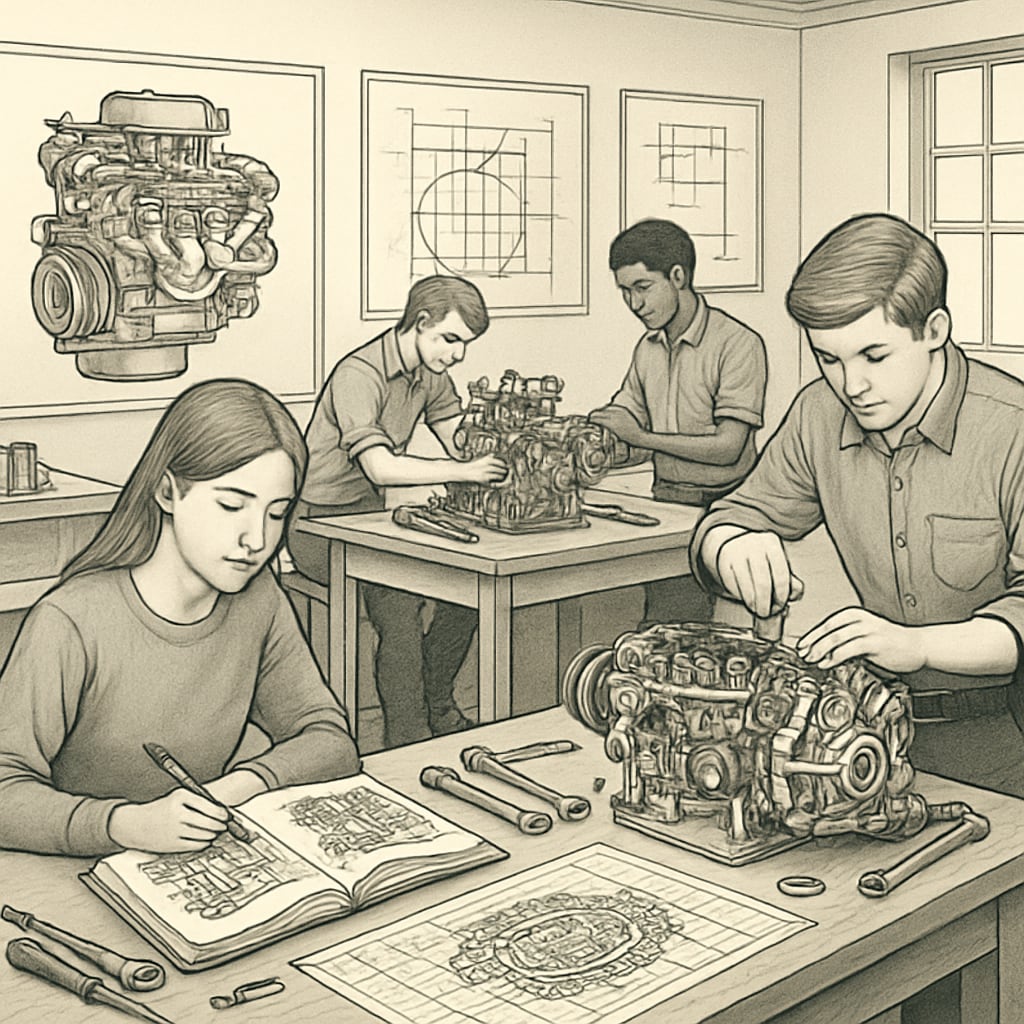Military professionals holding an associate degree in automotive technology often wonder how they can transition to a bachelor’s degree while maximizing existing credit transfer opportunities. This journey not only enhances their educational credentials but also opens up broader career options in technical fields, management roles, or even engineering. In this article, we will examine key considerations for credit transfer, explore compatible bachelor’s degree programs, and provide actionable advice on how to choose your next academic path.
Why Credit Transfer Matters for Automotive Technology Graduates
Credit transfer is a crucial aspect of pursuing a bachelor’s degree after earning an associate degree. For those with an automotive technology background, ensuring that their prior coursework aligns with the new program is key to saving time and money. Most universities evaluate transfer credits based on accreditation, course compatibility, and grades achieved. Therefore, it’s essential to research institutions that offer flexible transfer policies and programs tailored to technical disciplines.
For example, many universities offer transfer-friendly programs for military personnel, often recognizing the unique training and skills acquired during service. Additionally, online degree programs can provide flexibility, allowing military professionals to balance education with their other commitments.

Top Bachelor’s Degree Programs for Automotive Technology Holders
Choosing the right bachelor’s degree program involves evaluating how well it aligns with your automotive technology foundation. Below are some of the most compatible academic paths:
- Automotive Engineering Technology: A logical progression for automotive technology graduates, this degree dives deeper into the design, manufacturing, and testing of vehicles.
- Mechanical Engineering: For those interested in expanding their technical expertise, mechanical engineering offers a broader scope of study, including thermodynamics, materials science, and robotics.
- Business Administration with a focus on Automotive Management: Ideal for professionals aiming to transition into leadership roles within the automotive industry. This program combines technical knowledge with business acumen.
- Industrial Technology: This degree emphasizes process improvement, manufacturing systems, and technical management, making it highly relevant for automotive professionals.
Each of these programs opens up unique career opportunities, from technical roles in engineering to managerial positions in auto manufacturing or repair businesses.

Navigating the Transition: Tips for Military Professionals
As a military professional, transitioning to civilian education and employment can be challenging, but with the right strategies, it becomes manageable. Here are some tips:
- Utilize Military Education Benefits: Programs like the GI Bill can cover tuition costs, making higher education more accessible.
- Seek Transfer-Friendly Schools: Look for schools that recognize military training and offer credit for relevant coursework.
- Consider Online Programs: Online degree options provide flexibility, enabling you to study from anywhere while managing your commitments.
- Connect with Academic Advisors: Advisors can guide you through credit evaluations and help you select the most compatible programs.
In addition, many universities have dedicated military support services, ensuring your transition into civilian education is smooth and successful.
Conclusion: Maximizing Your Educational Potential
Pursuing a bachelor’s degree after earning an associate degree in automotive technology can significantly enhance your career prospects. By focusing on credit transfer, selecting compatible programs, and leveraging military education benefits, you can make the most of your academic journey. Whether you choose engineering, management, or technology-focused programs, the key is to align your education with your career aspirations and skills gained during military service.
For more information: Learn about automotive engineering or explore mechanical engineering fundamentals for deeper insights into potential degree options.


